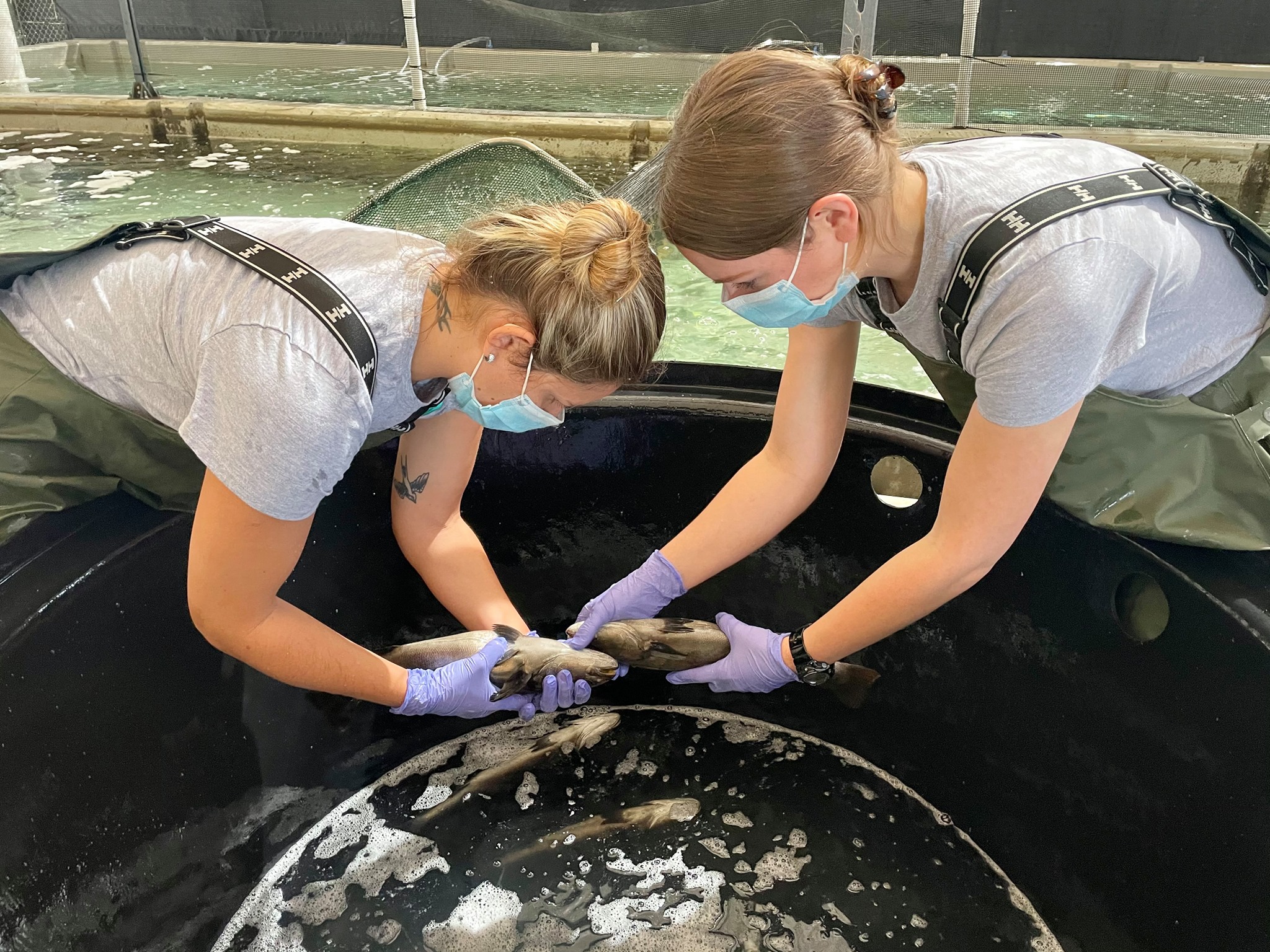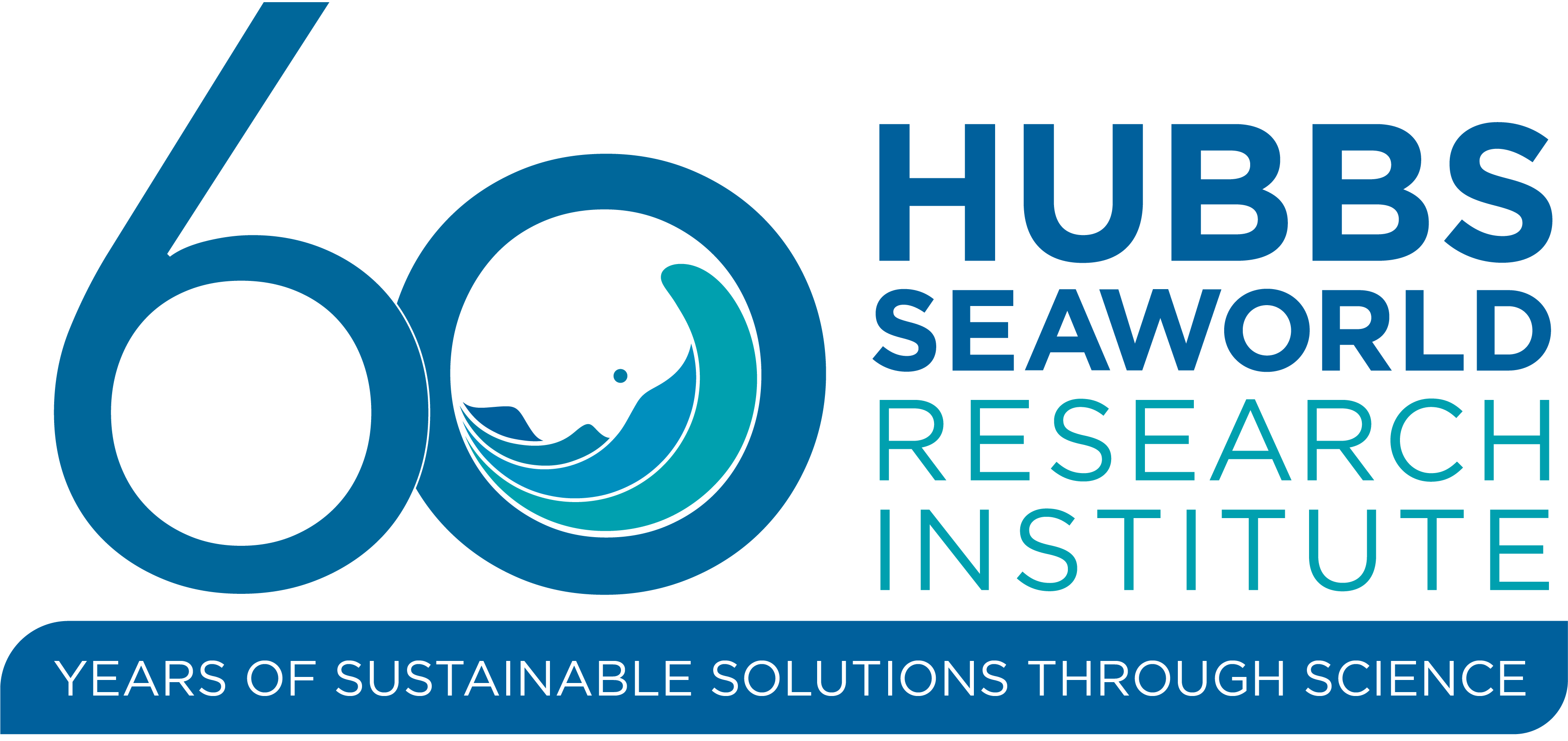
COVID's impact on long-term research and field work
|
Beginning in March 2020, the Institute implemented procedures designed to minimize risks to employee health, closing its doors to the public and limiting employee presence at all facilities to essential personnel (for example, fish life support). Research activities slowly resumed in accordance with changing guidance from public health officials. All field work was interrupted by global COVID pandemic, resulting in research gaps in several long-term population assessments. HSWRI scientists continued to evaluate the prevalence of exposure to several disease-causing organisms in seals and sea lions in southern California during the pandemic. Although most data collection at the Channel Islands was paused due to the pandemic, HSWRI collaborated with members of the California marine mammal stranding network to test samples collected from stranded pinnipeds. Pathogen surveillance in 2020 expanded to include testing for exposure to coronaviruses (including SARS-CoV-2, the COVID-19 virus). Vessel surveys and photo-identification studies of bottlenose dolphins in Florida’s Indian River Lagoon were paused in March 2020 due to travel and personnel restrictions associated with the coronavirus pandemic. All HSWRI projects involving volunteers, students, interns and visiting scientists were paused or dramatically scaled back due to public health restrictions, interrupting research on coastal dolphin populations that dates back to the late 1970s. Emergency marine mammal stranding responses continued, despite the pandemic, to prevent animal suffering and preserve public health. Research on white seabass, California halibut and California yellowtail was put on hold for several months while HSWRI staff focused on essential activities such as caring for and preserving valuable broodstock. Whale shark expeditions in the Gulf of California were canceled in spring and summer 2020, postponing the deployment of 14 satellite-linked radio transmitters on sharks off La Paz, Mexico. All fieldwork on penguins at South Georgia and several sites along the Antarctic Peninsula was canceled due to COVID travel restrictions, including expeditions to the Antarctic and sub-Antarctic in the falls of 2020 and 2021 and winters of 2020-21 and 2021-22. This comprised a loss of four consecutive field seasons, interrupting a long-term study of Antarctic penguin population biology and behavior that began in 2012. |
